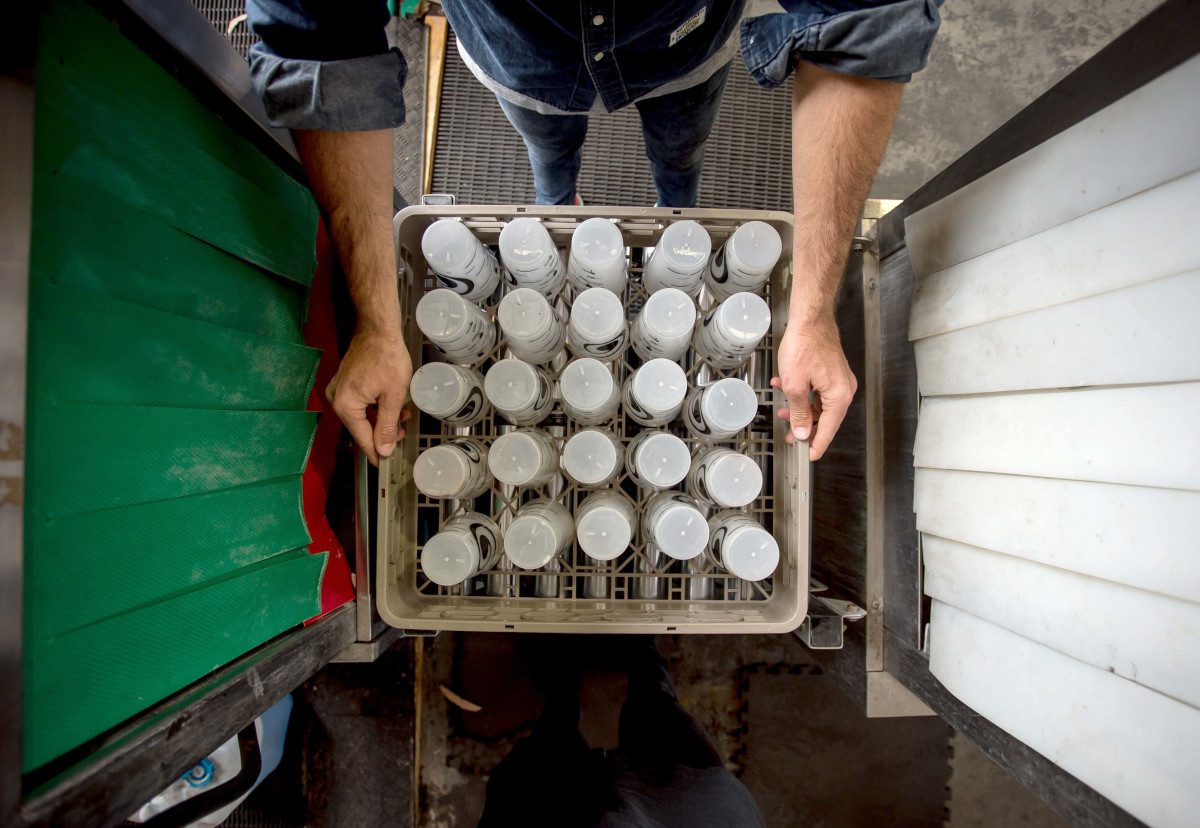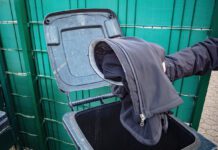
The impact and learnings from six reuse projects, funded by over £1.4 million from the Bring It Back Fund are published in a new report (on 23 January) and provide insights which could help boost reuse and return systems across the country, says charity group Hubbub, which oversees the fund alongside Starbucks.
The trials which include city-wide returnable takeaway packaging; electronic tagging of reusable alternatives and doorstep packaging collections, involved over 100 food and drink businesses. The funded projects achieved an average return rate of 57%, with some of the best performing locations achieving return rates of 92%. The learnings and outcomes have been distilled by environmental charity Hubbub into the following 5 key ingredients for successful reuse systems:
Systems in ALL locations should:
- Make reuse as close to as convenient as single use by removing as many friction points as possible, for example offering lots of opportunities to return packaging and carefully consider the use of apps which can put people off.
- Create clear and consistent communications to explain how it works and what the benefits are of using it, across a range of channels including social media, outdoor and digital advertising.
- Emphasise the environmental benefits of reuse and don’t assume the public understand why it’s preferable to recycling.
- Keep down the cost of use and offer incentives or rewards to take part and return.
- Strong buy-in from teams delivering the reuse scheme on the ground, so they understand why reuse is preferable to single-use and can promote it to customers.
Although Hubbub’s Reuse Systems Unpacked report (2022) found that 67% of people say they are concerned about the environmental impact of single-use food and drink packaging, use of reusable packaging remains stubbornly low. This is the case for personally-owned coffee cups, despite incentives and generous discounts to customers who bring their own reusable cups.
One of the key reasons is convenience; recent Hubbub polling (2023) revealed that 29% of people intend to use reusable packaging but don’t have it with them, at least once a week. This is where reuse systems (whereby packaging is borrowed and returned) offers a solution by removing the barrier of having to remember, carry and clean your cup, bottle or lunchbox.
The Bring It Back Fund was created by Hubbub and Starbucks in 2022 – with proceeds from the 5p cup charge – to help kick-start reuse systems for food and drink packaging in the UK.
Gavin Ellis, Director and Co-founder of Hubbub said: “Single use is deeply embedded in our society and will require radical thinking and bold new approaches to help people make the transition to a more circular economy with reuse at its core.
“It’s become very clear through these trials that to be truly effective, these schemes need to be everywhere; they need to be normalised and they need to be built into everyday habits and routines. A piecemeal approach doesn’t work. Convenience is crucial – single-use is so convenient that any alternative has to be as close to this as possible to get the uptake. It’s also vital that we help the public understand the benefits of reuse and returns and we shouldn’t assume the public knows why this is preferable over recycling single use items.”
Jacqui Wetherly, UK Director of Sustainability at Starbucks said: “We are incredibly excited to share the findings of our six Bring It Back Fund projects. Enabling and encouraging customers to reuse and return cups is a complex task, and robust research is invaluable as we seek to develop new ways to reduce waste. This fund has allowed us to test different processes, and environments, to understand not only what works best, but the key factors that all reuse systems should either feature or consider. We hope the findings will be useful as we all seek to reduce our single-use waste, and give our customers more options with every cup.”
Organisations interested in working with Hubbub on projects which help society shift away from a throwaway culture can get in touch hello@hubbub.org.uk.







